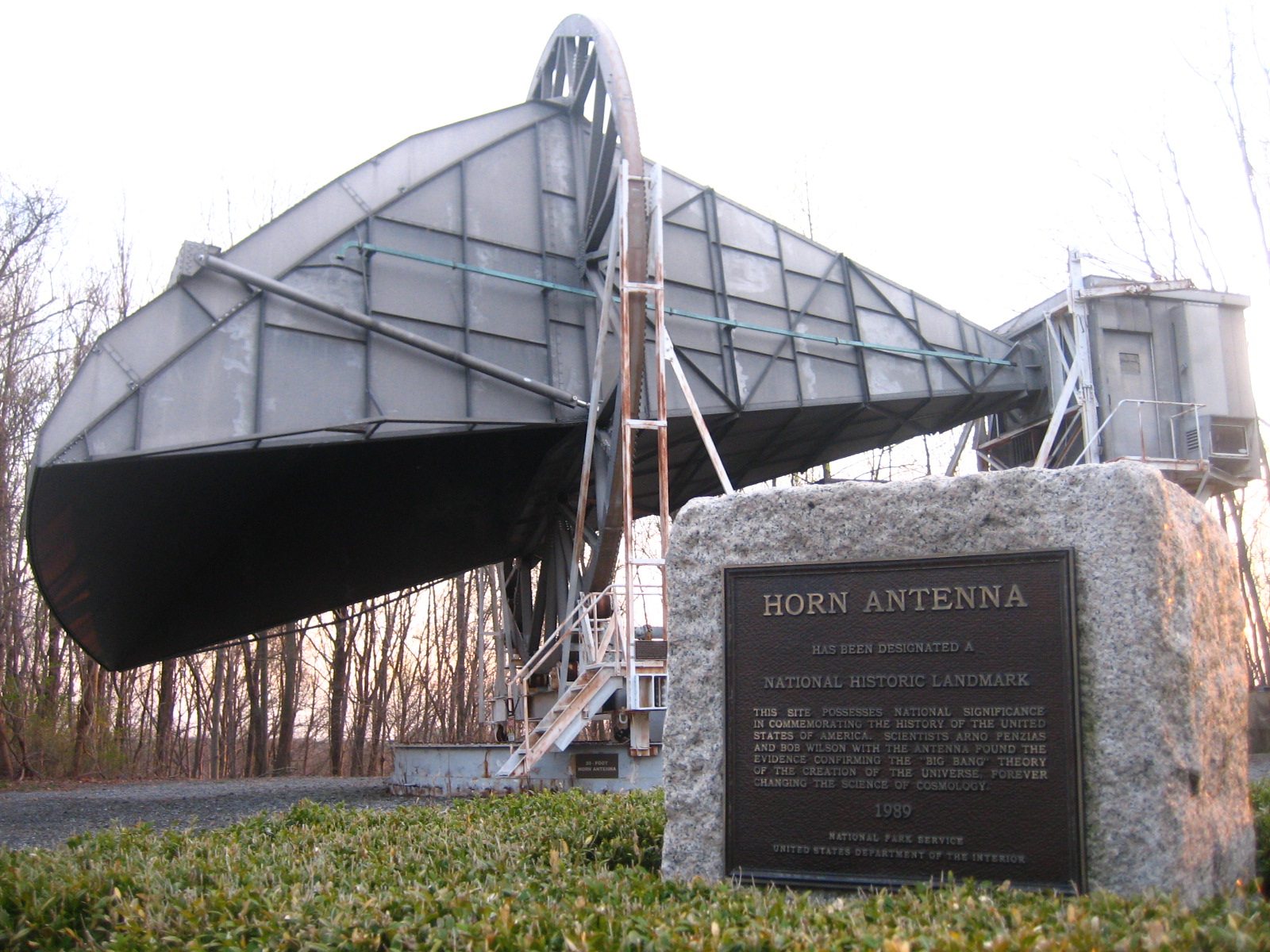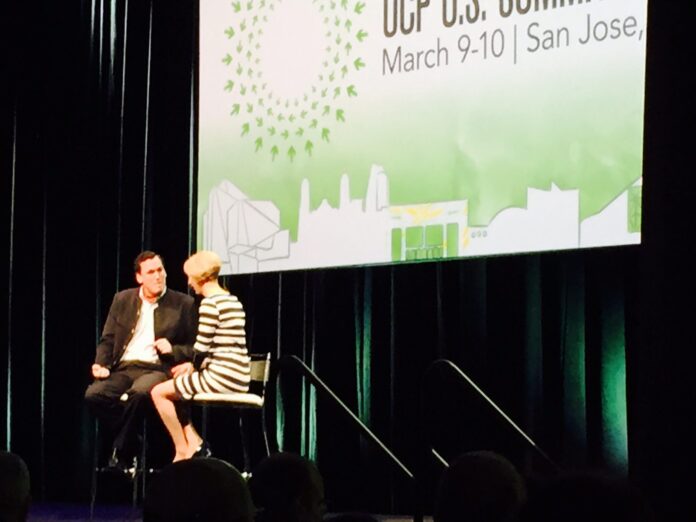SAN JOSE, California – During the Open Compute Project Summit, Peter Winzer of Nokia Bell Labs discussed the research organization’s near 100-year history of open innovation, including a look at how an early telecom experiment set the stage for proof the “big bang” theory created the universe.
Before we go down that road, Winzer, head of the optical transmission systems and networks research department at Bell Labs, was making the point that open, collaborative science is fundamental to innovation.
“There is one very good example for the spirit of Bell Labs,” Winzer said, pulling up a slide of a huge Holmdel Horn Antenna, a microwave antenna built in 1959 to support a NASA satellite communications experiment.

Winzer explained the antenna, in addition to supporting early telecom research, found cosmic background radiation that wasn’t readily explainable. Using data from the antenna, Arno Penzias and Robert Wilson, in 1965, essentially confirmed the big bang theory and set the stage for modern study of cosmology.
“It is important to extend general scientific knowledge,” Winzer said, “because that will lead to many things unexpected that will create other industries. That really captures what Bell Labs is all about.”
Winzer gave another example of the transistor, which AT&T and Bell Labs developed. After creating a piece of technology that’s essential to modern technology, Winzer said they “gave it away. That device that was originally just meant to be a replacement for a linear amplifier had so many uses, including switches … and now we have millions of transistors on a chip. That wouldn’t have been possible without the freedom of giving away the intellectual property.”

